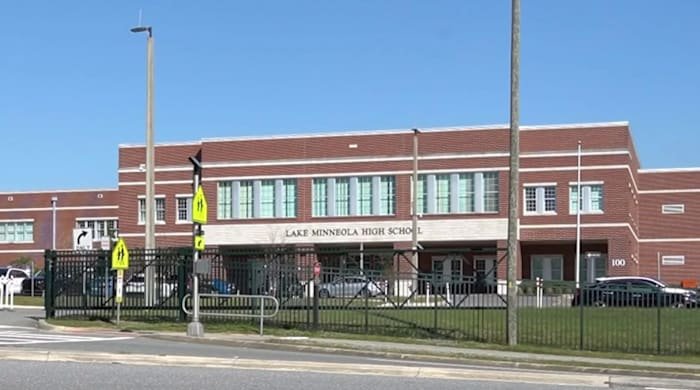Daily Orlando News
Freedom of the press and government transparency are at the heart of a high-profile legal battle, as the Associated Press (AP) and the Trump administration return to face off before a federal appeals court. The outcome of this case could have major implications for journalists, government agencies, and citizens across the country—including here in Orlando. As local residents rely on trusted news sources for information about their government, the court’s decision may shape future access to vital records and influence the public’s right to know.
The Background: Why AP and the Trump Administration Are in Court
The roots of this legal dispute stem from the AP’s attempts to access government records withheld by the Trump administration. The news agency filed a Freedom of Information Act (FOIA) request, seeking documents that the administration refused to release, citing concerns about privacy, security, or other exemptions. When the AP challenged this refusal, the case escalated through the court system, eventually landing before a federal appeals court.
The stakes are high: at issue is whether the government acted within its legal rights to withhold information, or whether the AP—and by extension, the public—has an overriding right to access those materials. The appeals court’s decision could set an important precedent affecting not only national news organizations, but also local news outlets like those serving Orlando.
Freedom of Information and Local Impact
FOIA requests are a critical tool for journalists, advocacy groups, and private citizens seeking transparency from the federal government. Here in Orlando, reporters regularly submit FOIA requests to obtain information on federal projects, immigration enforcement, public health initiatives, and more. If the Trump administration’s stance is upheld, it could make it harder for Orlando-based journalists to access information that is essential to public accountability.
Conversely, a win for the AP might reinforce the principle that government agencies must provide a high level of transparency. This would benefit Orlando’s newsrooms and the residents who depend on them for unbiased, factual reporting on issues that impact their daily lives, from hurricane preparedness to local economic development.
The Arguments: Press Freedom vs. Government Secrecy
At the heart of the case are competing arguments about the scope of press freedom and the necessity of certain government secrets. The Associated Press argues that the public has a constitutional right to information about how the government operates. They maintain that excessive secrecy undermines democracy and prevents citizens from holding leaders accountable.
The Trump administration, on the other hand, contends that some information must remain confidential for reasons of national security, privacy, or operational integrity. Their lawyers argue that releasing certain records could jeopardize sensitive operations or violate the privacy rights of individuals named in government files.
The court’s challenge is to balance these competing interests: protecting the nation and its people, while also ensuring that government power remains subject to public scrutiny. The decision made in the coming weeks could have ripple effects in courtrooms and newsrooms—including those right here in Orlando.
Orlando’s Stake in the Outcome
While the legal battle may be playing out on a national stage, its impact is likely to be felt locally. Orlando has a vibrant media community, with reporters who dig into federal programs affecting our region—such as disaster relief, transportation funding, and immigration enforcement. If the courts side with the Trump administration, local journalists may face new obstacles in their pursuit of stories that matter to our community.
Moreover, the outcome of this case could affect how Orlando residents interact with their government. Transparency is crucial for building trust between officials and the public. If access to records is restricted, residents may have a harder time understanding how decisions are made and advocating for their interests.
Finally, Orlando’s diverse population includes many who have a personal stake in federal policies—such as those related to immigration, housing, or healthcare. The ability of local news organizations to access and report on government actions ensures that all residents stay informed and empowered.
What’s Next: Awaiting the Court’s Decision
As the federal appeals court considers arguments from both sides, journalists and citizens across the country are watching closely. The decision could clarify the limits of government secrecy and reinforce—or erode—the principles of press freedom that have long defined American democracy.
Here in Orlando, the stakes are personal. Our city thrives on informed civic participation, and local news organizations play a vital role in keeping residents aware and engaged. The outcome of this case will help determine whether that tradition remains strong in the years ahead.
Conclusion: Your Voice Matters
The battle between the Associated Press and the Trump administration over access to government records is more than a legal dispute—it’s a test of our collective commitment to transparency and accountability. As the courts weigh these important issues, we want to hear from you. How do you think this case could affect Orlando? Do you believe in greater government transparency, or do you think some information should remain confidential? Share your thoughts in the comments below!
















